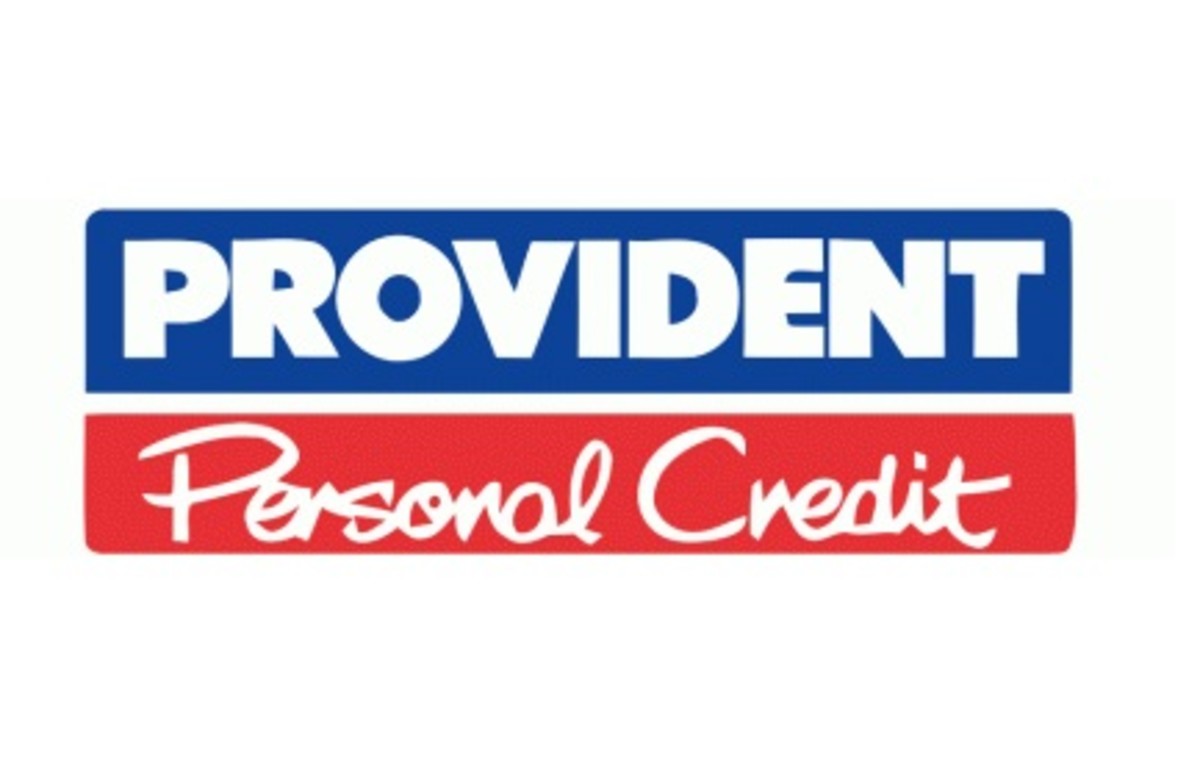Tax Deduction on Home Mortgage Interest

Home Mortgage Interest Deductions
Interest paid on home mortgage can be deducted as one of the itemized deductions in your Federal Income Tax Return. It is an important tax benefit available to you if you are planning to buy or construct a home, and understanding it can help you plan your financial affairs in a way that reduces your tax liability. Since the interest on mortgage is usually repaid over many years, a well informed decision can help in bringing tax benefits over many years.
What is Home Mortgage Interest ?
Mortgage is a secured debt wherein you have put up your main home or second home as a collateral to protect the interest of the lender. Home Mortgage Interest is the interest paid on any such loan, which may have been taken either for the purpose of buying that very home, or for any other purpose.

Types of Home Mortgage Interest
For the purpose of better understanding, one can divide the Home Mortgage Interest into two broad categories having different limits of deduction, and somewhat different rules. The first category consists of interest on Home Acquisition Debt and Grandfathered Mortgages, while the second category consists of interest on Home Equity Debt.
Category I : Interest on Home Acquisition Debt & Grandfathered Debt
Interest falling in this category can be deducted fully from your taxable income, if the total debt balance falling in this category did not exceed $1,000,000 during the tax year. For married filing separately, the debt should not have exceeded $500,000 during the year. This, of course, is subject to some finer conditions and details.
Home Acquisition Debt means mortgages taken out by you after October 13, 1987 to buy, build or improve your home. In other words, any loan or debt taken by you, using either your main home or your second home as a collateral to secure the debt, for the purpose of buying, constructing or improving your home will fall in this category. If you have taken more than one such loan, then the total balance of all such loans or debts should not exceed the limit of $1000,000 (or $500,00 for married filing separately) at any time during the year.
Grandfathered Debt means any mortgage taken by you before October 13, 1987, irrespective of the purpose of that loan.
It is worth noting that the limit of $1000,000 (or $500,00 for married filing separately) is applicable to the total amount of loans falling in this category. Thus your total Home Acquisition Debts and Grandfathered Debts should not have exceeded this limit at any time during the year, for enabling you to fully deduct the interest on these loans as an itemized deduction. If your total debt balance in this category exceeds these limits at any time during the year, then you can claim only part of the interest paid by you. To figure out how much interest you can deduct, you can refer to Part II of Publication 936.
Category II : Interest on Home Equity Debt
Home Equity Debt is a loan that is taken by putting the main home or second home as a collateral for securing the debt, the purpose of which is not to buy, build or improve your home. These are loans or debts taken for other purposes like buying a consumer durable, repaying other debts, or paying for other bills or expenses.
Interest on Home Equity Debts are fully deductible only if two conditions are fulfilled. First, the total debt in this category should not have exceeded $100,000 (or $50,000 for married filing separately) at any time during the year. Second, the total debt balance in the first category, i.e. the total outstanding balance of all Home Acquisition Debts and all Grandfathered Debts should not have exceeded $1000,000 (or $500,00 for married filing separately). If either of the two conditions are not fulfilled, then only part of the interest paid will be deductible. To figure out how much interest you can deduct, you can refer to Part II of Publication 936.
More on Tax Deduction on Mortgage Interest
Popular Stories
- Most Important Events of 2012
Ten most significant events of 2012, which have the potential of bringing long lasting changes to our world. - Why do we Worship or Pray to God ?
After all why do we pray to God? Is it to please him and get rewarded by him in return or is to bring greater calmness and peace to our own self? - Two Bullets that Changed the History of the World
The story of an assassination that precipitated one of the worst chain of conflict and destruction ever witnessed by humankind. It is a story of two Bullets which thrust the First World War on the world.
Related payments that can also be deducted as Home Mortgage Interest
In addition to the amount paid by you as interest, certain other payments that are related to home mortgage can also be claimed as Home Mortgage Interest. Some of these payments are listed here.
- Mortgage Insurance Premiums – Insurance premiums paid in 2010 for certain specific Qualified Mortgage Insurances, undertaken after 2006, for insuring the home acquisition debt, can be deducted as home mortgage interest, provided your Adjusted Gross Income (AGI) is not more than $109,000 (or $54,500 if married filing separately). The Qualified Mortgage Insurance for this purpose include mortgage insurances provided by the Department of Veteran Affairs, the Federal Housing Administration, the Rural Housing Service and private mortgage insurance as defined in Section 2 of the Homeowners Protection Act of 1998. Preferably, you should contact your Insurance Provider to find whether your mortgage insurance premiums can be deducted as home mortgage interest.
- Late payment charge on mortgage payment – Such Payments can be deducted as if they were Home Mortgage Interest, if the charges were not for any other specific purpose.
- Prepayment Penalty – Any penalty paid for paying off the Home Mortgage Loan before it was due can also be deducted as if it was Home Mortgage Interest, if the charges were not for any other specific purpose.
Redeemable Ground Rents – Any rents paid annually or periodically on a redeemable ground rent can be deducted as Home Mortgage Interest.
Payments that cannot be deducted as Home Mortgage Interest
These are payments which cannot be deducted as home mortgage interest. In some cases, certain amounts may have to be deducted from the home mortgage interest to arrive at the amount that can be claimed as deduction. Some of these cases are listed here.
- Interest on debt invested in tax-exempt securities – If the proceeds of the mortgage in case of a Grandfathered Debt, i.e. a mortgage taken before October 13, 1987 or a Home Equity Debt are used to buy securities or certificates that produce tax-free income, interest paid on such mortgage cannot be deducted.
- Refunded Interest – Any interest on home mortgage that is refunded in the same year cannot be deducted as home mortgage interest. If any such interest that is deducted in a particular year is refunded in a later year, it should be treated and reported as income in the year in which the refund is received.
- Prepaid Interest – Any interest on Home Mortgage that is paid in this year for a period beyond this year, cannot be deducted in this year. However, it can be deducted in the respective years to which it applies. For example, if in 2010, you have prepaid interest for the next five years, then one-fifth of this prepaid interest can be claimed as deduction in the tax return of each of these next five years, but no part of it can be deducted in 2010.
- Mortgage Interest Credit – If you were issued a Mortgage Credit Certificate (MCC) by a state or local government, and have claimed a mortgage interest credit, you must figure the credit on Form 8396 and that amount should be reduced from your home mortgage interest deduction.
- Mortgage Assistance Payments – If you qualify for mortgage assistance payments for lower income families under section 235 of the National Housing Act, which pay part of your home mortgage interest, then that part of the interest cannot be deducted.
- Payments as part of divorce or separation agreement – In case you are paying any home mortgage interest on a home jointly owned by you with your spouse (or former spouse) as part of your divorce or separation agreement, then such payment may be treated as alimony, and may not be deductible. You should take expert advice before deducting such interest.
- Payments made to end the lease – Any payments made to end the lease and to buy the lessor’s entire interest in the land cannot be deducted as home mortgage interest.
- Non Redeemable Ground Rents – These cannot be deducted as mortgage interest, though it may be possible to deduct them elsewhere, if they are business expense or if they are for rental property.
Deduction of ‘Points’
The term ‘points’ is used to describe certain charges paid, or treated as paid, by a borrower to obtain a home mortgage. They are also known by other names such as Loan Origination Fees, Maximum Loan Charges, Loan Discount or Discount Points. Generally, you cannot deduct them in full in the year in which they are paid. However, they can be deducted ratably, on a pro rata basis, over the whole period of mortgage. For more details regarding how to figure the deductible amount, you can refer to Chapter 23 of Publication 17 of IRS.
How to figure and claim Home Mortgage Interest
Form 1098 and Form 1040 will be required for figuring and claiming the deduction on Mortgage Interest paid during the year, from the Federal Income Tax.
Form 1098 (The Mortgage Interest Statement)
Form 1098 is also known as the Mortgage Interest Statement. It is a statement of interest paid on a particular mortgage during the year. It will have to be prepared in a particular format (form 1098) and sent to you by the person holding the mortgage and receiving the interest, before January 31, if you have paid interest of at least $600 on that mortgage during the year. Mortgage insurance premiums and certain ‘points’ are treated as interest in this form.
As a general rule, Form 1098 includes most payments that can be deducted as interest and makes your task that much easier. However, it may sometimes include in box 1, the prepaid interest up to January 15, which may need to be reduced from the amount of interest reported in Form 1098.
Form 1040 (Schedule A)
To deduct home mortgage interest as deduction, you will need to file Form 1040. The home mortgage interest and points reported in Form 1098 can be filled in line 10 of Schedule A (Form 1040).
In case you have actually paid an amount as interest, which is more than that reported in Form 1098, then you can fill the actual amount. In such a case, you will need to attach a statement explaining the reasons for the difference. In case you are paying the interest on home mortgage to the person from whom you have bought the home, then you will need to type the name, address and Taxpayer Identification Number of that person on the dotted lines next to line 11. The seller must give you this number (TIN) and you must give the seller your TIN. Form W-9 also known as the Request for Taxpayer Identification Number and Certification can be used for this purpose. Any failure to comply with this condition can lead to penalty of $50, for every such case.
You need to fill deductible home mortgage interest not reported on Form 1098 on line 11 of Schedule A, whereas on line 12 you will have to fill the deductible points not reported on Form 1098. On line 13, the deductible mortgage insurance premiums have to be filled. When you have paid interest together with another person, and the Form 1098 received by you or that other person states the combined payment of interest, you can only deduct your own share of payments. You will also need to attach a statement explaining this part.
Interesting Hubs
- How to Prevent Jock Itch
Jock Itch is one of the most irritating conditions faced by fungal infection. Greater awareness can help people deal it more effectively. - The Invisible Hand that Guides the Market
Adam Smith gave the theory about market efficiency at a time when demand and supply were not exactly common in our language. His descriptions remain the cornerstone of modern economics. - The Man who created Modern Woman’s Wardrobe
Yves Saint Laurent is one of the modern fashion wear designers, often credited with ushering in the current trends that define the modern woman's wardrobe even today.
Deduction of mortgage interest as expenses of business or rent
If, due to the dollar limits applicable on debt, you are unable to deduct part of the mortgage interest paid by you, it may sometimes be possible to deduct it elsewhere. In case you are using the home acquired from mortgage for business, you may be able to claim the remaining part of the mortgage interest as deduction on account of business expense, in Schedule C or C-EZ (Form 1040). For more details in this regard, you can refer to Publication 535 of IRS.
If you are have rented the property acquired by the mortgage for which mortgage interest is paid, you may be able to deduct the remaining part of the mortgage interest as deduction on account of business expense in Part I of Schedule E (Form 1040). For more details in this regard, you can refer to Publication 527 of IRS.
© 2011 V Kumar








